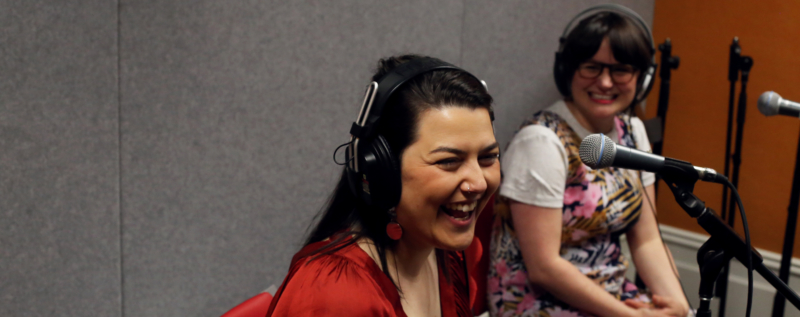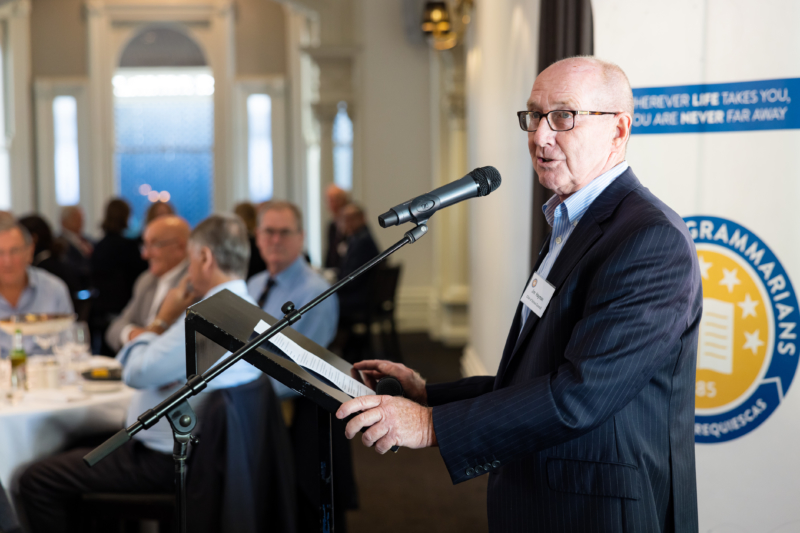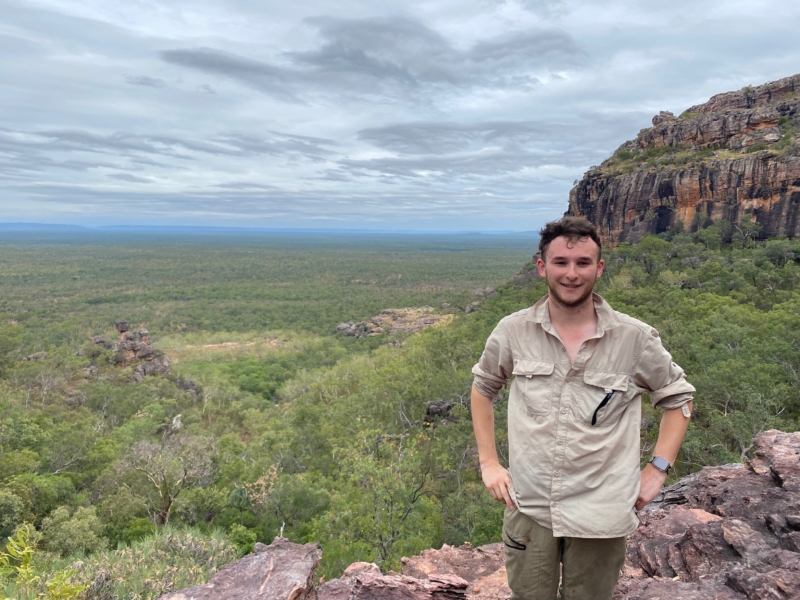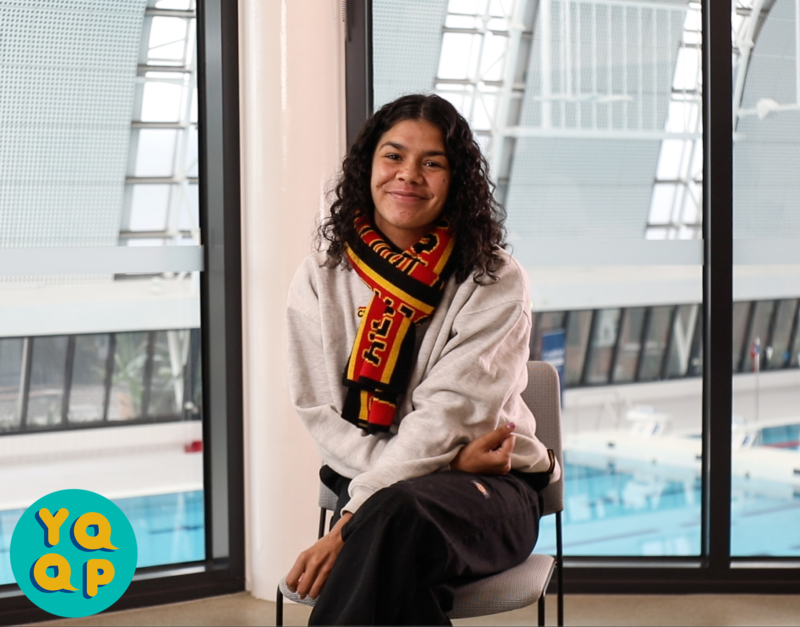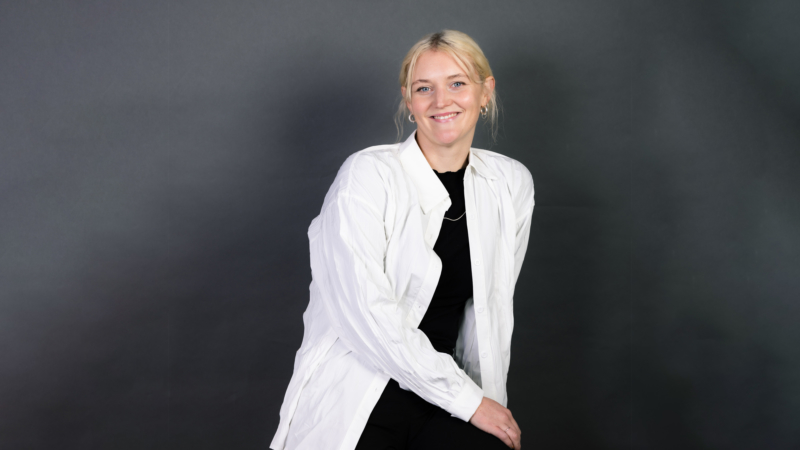Veronica Sullivan (Class of 2007) has dedicated her time post-Caulfield Grammar to the written word. Now the Head of Programming at the Wheeler Centre, she holds an incredible career defined by addressing the gender disparities present within the creative arts sector.
Caulfield Grammar days
Veronica’s Caulfield Campus experience was centred around the beautiful friendships she created, and she is grateful these have remained throughout the different stages of life after high school:
“My years at Caulfield involved lots of laughter and making countless memories, with a dose of serious hard work along the way. I learned lessons in the classroom and beyond that were formative in ways both tangible and oblique. Most importantly, I made THE most incredible friends at CGS, many of whom I’m still extremely close to”.
Veronica’s passion for writing was fostered during these VCE years when she took the opportunity to study as much English as she could. Namely, all three VCE subjects available: English, English Literature and English Language, as well as University Extension English Literature at University of Melbourne in Year 12.
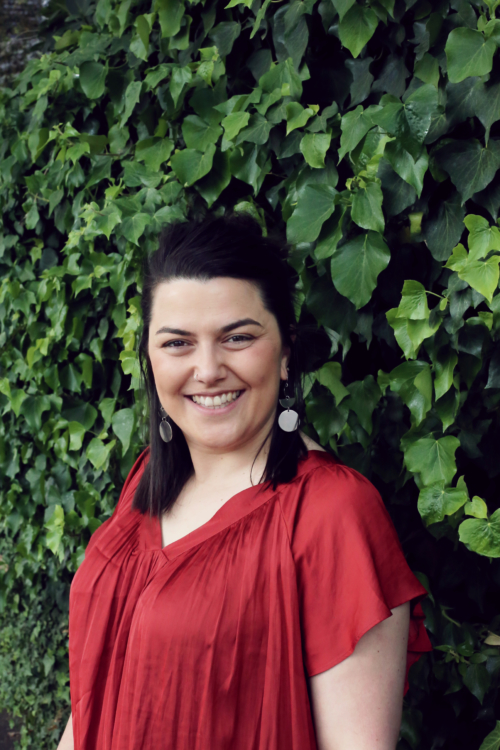
Cultivating a passion for writing
Veronica completed her Bachelor of Arts (Creative Writing) at RMIT University with Honours in 2012, and later completed a Master of Creative Writing, Publishing and Editing at UniMelb. As many writers do, she honed her skills through freelancing as a writer and editor, whilst simultaneously juggling her studying commitments.
Post-studying, Veronica has gained an incredibly vast amount of literary experience driven by years of hard work. She was a Creative Producer with the Emerging Writers’ Festival, fostering a passion for literary festivals and cultural events. She also worked as Online Editor for Kill Your Darlings, Prize Manager for the Stella Prize, and Program Manager for the Feminist Writers Festival. Amongst this, she has guest lectured on writing, publishing, editing and gender at UniMelb and RMIT University.
Now Head of Programming at the Wheeler Centre for Books, Writing and Ideas, Veronica is grateful for the opportunity to bring audiences together with writers in a face-to-face format, and provide creators with a platform to share their work.
Veronica owes a lot of her professional growth and development to pushing herself to chase further opportunities, pushing aside the doubt that often creeps in when pursuing that next step:
“I put myself forward for opportunities even when I knew, or felt, I was hopelessly underqualified or would be up against an unforgivingly high number of other contenders. Sometimes I’ve missed out, but just as often I’ve been successful. Either way, the process of approaching or applying has invariably contributed to furthering my ability to understand and articulate my work and my ambitions”.
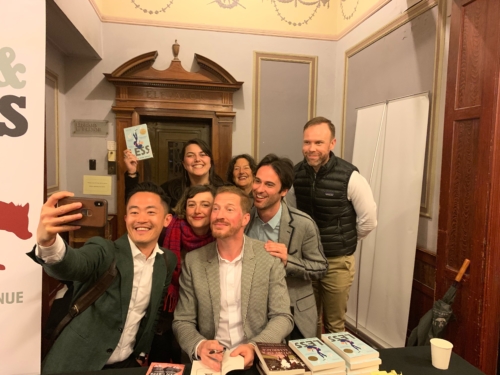
Gender equity within the writing, publishing and editing industry
A large part of Veronica’s career has been devoted to uplifting the words written by women, First Nations women, women of colour and non-binary creatives. There is currently a huge gap within the creative sector of equitable representation, and this is a factor Veronica hopes to see change:
“The devaluing of creative work is endemic in this country. We need increased arts funding that recognises the value that the creative sector offers to the wellbeing of all Australians, and nurtures future generations of writers and other creatives – particularly those who come from historically marginalised communities and speak from underrepresented perspectives.”
Veronica hopes to see more mentorship programs, paid internships, training opportunities and succession plans implemented, to better support creatives. She’s also shaped avenues herself, through the podcast Sisteria and The Kat Muscat Fellowship.
Co-founding Sisteria
Veronica is co-founder and previous co-host for Sisteria, a podcast that invites women and non-binary creatives to share their experiences throughout their artistic journeys with listeners:
“My co-host Steph Van Schilt and I wanted to create a space for conversations that were intimate, warm and vulnerable, offering deep dives into the daily realities and challenges experienced by prominent creatives from marginalised genders”.
The podcast has been host to creatives including comedian Geraldine Hickey and Hey Aunty! Podcast host Shantel Wetherall, playwright, actor and screenwriter Michelle Law, and even Veronica herself.
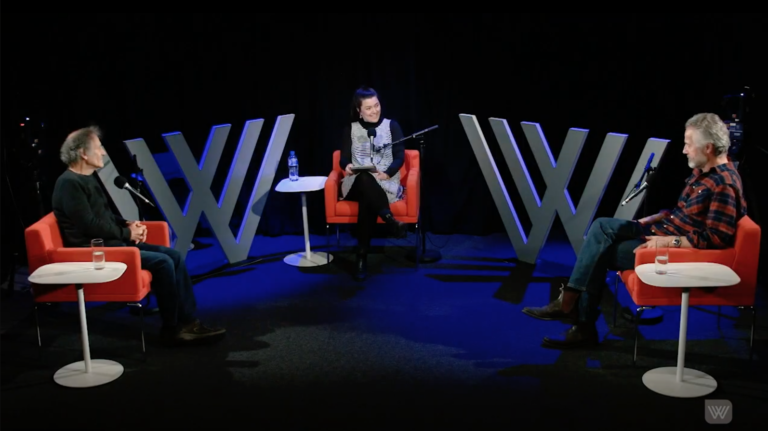
The Kat Muscat Fellowship
Veronica is currently Chair of the Custodial Committee for The Kat Muscat Fellowship, and has been involved since its 2016 inception. This offers professional development up to the value of $5000 for an editorial project or work of writing by a young person of an underrepresented gender, between the ages of 16-30:
“To date, we’ve awarded seven fellowships to poets, fiction writers, playwrights, memoirists and essayists, who have all taken up the financial, mentoring and professional opportunities offered through the fellowship in different and inspiring ways, producing work that is powerful, original and distinctly feminist”.
The tangible impact of this award has been felt strongly amongst the creative writing community. Their 2016 inaugural fellow, author Bri Lee, was able to sign with a literary agent and publisher and gain access to mentors, later leading to her publishing three books. Her non-fiction memoir Eggshell Skull went on to receive the People’s Choice Award at the 2019 Victorian Premier’s Literary Awards.
Advice for budding writers
When first embarking on your career, striking the right balance between advancing and feeling content with where you’re at professionally can be incredibly difficult. Veronica’s advice is to take careful note of when to say yes, but also when to say no:
“Say yes to any opportunity that comes your way that you’re excited about, even (especially) if it makes you nervous. Ignore the inner voice of your impostor syndrome, which tells you to doubt yourself, or that you don’t have the necessary skills or insights to succeed. You’ll probably surprise yourself.
“But equally, it’s OK to say no to opportunities that you don’t have capacity for – far better to do fewer things and do them well, than to try to take on everything and find yourself burnt out or hopelessly overwhelmed. I learnt this lesson the hard way, far too many times. You won’t cut yourself off from future advancement or burn bridges by declining, and something else will pop up when the timing is right”.
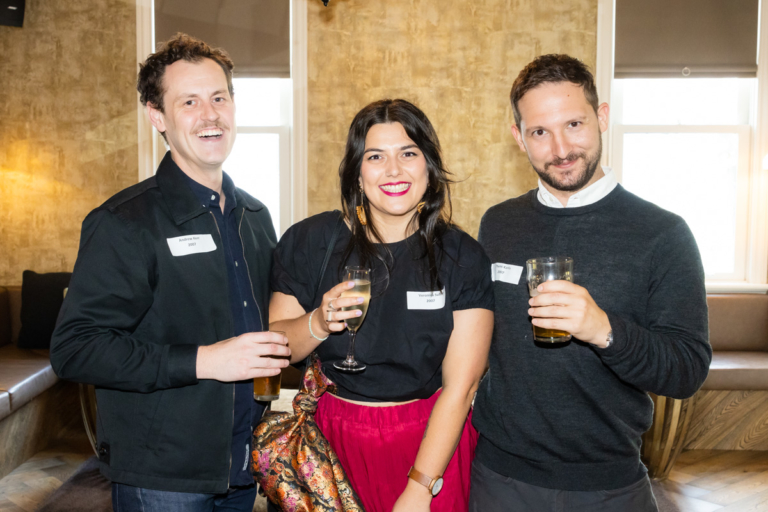
Veronica would also encourage young creatives to reach out and connect with the people and communities they want to be involved with. Having contact with the industry, even early on in your career, can be incredibly valuable:
“View your fellow writers and creators as your support system, not your competition. They’re the only ones who really know how it feels to be at the start of your creative career. It may not always feel like it, but there is room enough for you all to succeed and elevate each other in the process”.
Zoe Alexiades (Class of 2014) is another Grammarian using her career within the arts to generate change.
